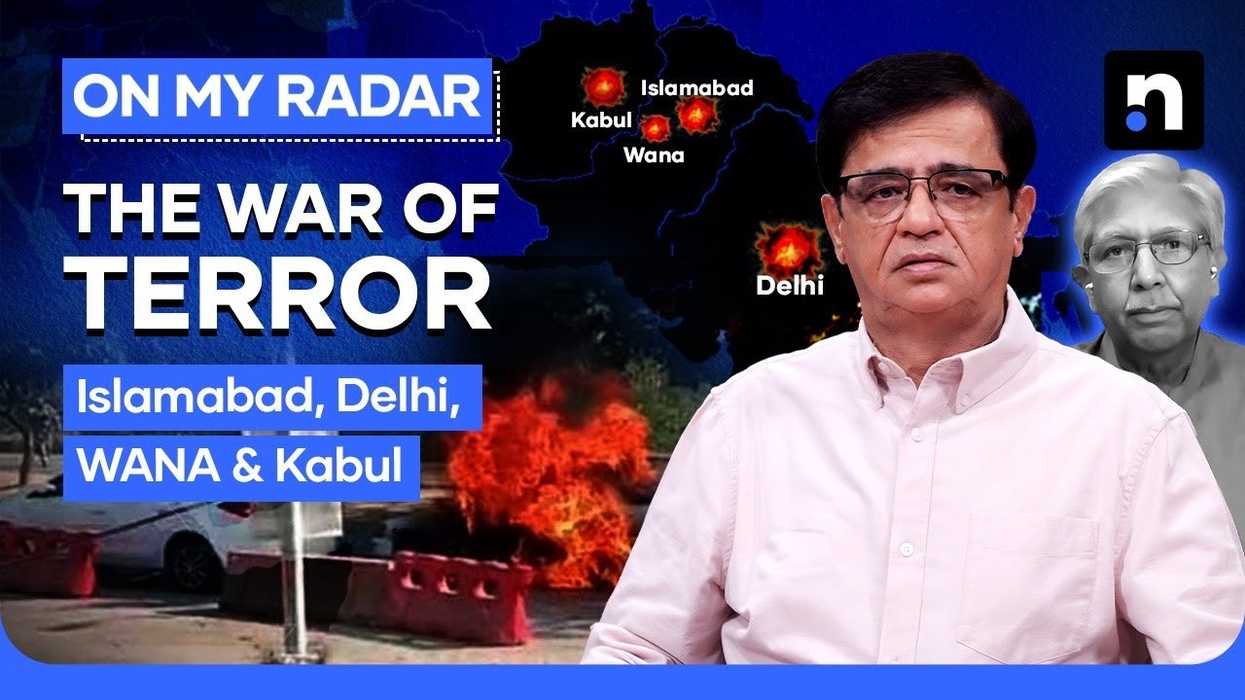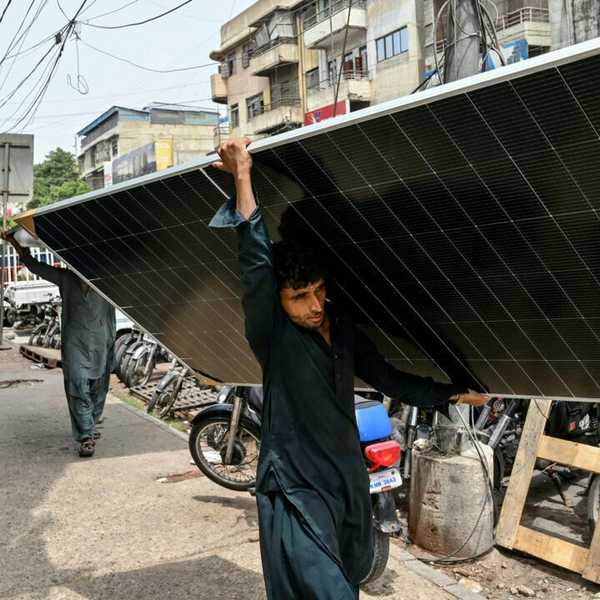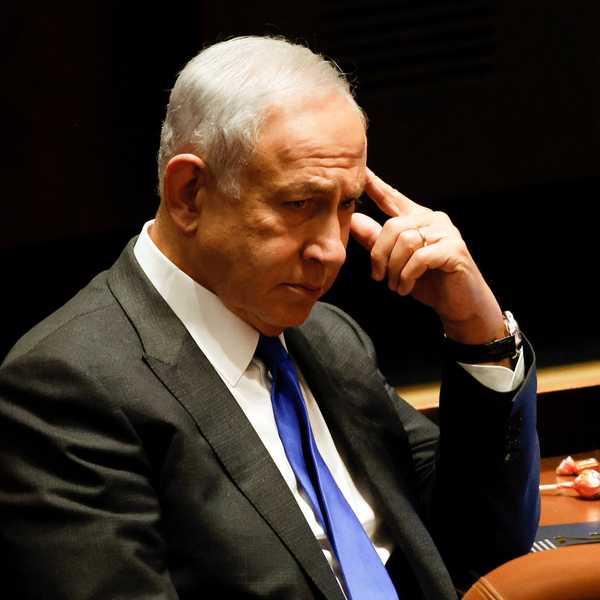Terror attacks hit Islamabad and New Delhi amid South Asia security concerns
Kamran Khan says attacks in central Pakistan and India demonstrate that the threat is no longer confined to remote border regions
News Desk
The News Desk provides timely and factual coverage of national and international events, with an emphasis on accuracy and clarity.
Pakistan and India are witnessing a troubling surge in terrorist activity, Kamran Khan said in the latest episode of “On My Radar” on Tuesday.
He highlighted a suicide attack outside Islamabad’s Judicial Complex in Sector G-11, which killed at least 12 people. The blast marked the first major suicide attack in the capital since December 2022, when the banned Tehreek-e-Taliban Pakistan (TTP) targeted a checkpoint in Sector I-10.
“The same network behind the Wana Cadet College attack yesterday is suspected in the Islamabad bombing,” Federal Interior Minister Mohsin Naqvi said, citing preliminary investigations.
The Wana Cadet College attack in South Waziristan involved a vehicle loaded with explosives that security forces intercepted before it reached the campus. About 525 cadets, among roughly 650 people present, were unharmed. Security forces killed two militants on the spot, while three others remained inside the college, reportedly in contact with handlers in Afghanistan.
Meanwhile, a suspected explosion near the Red Fort in New Delhi on Monday killed 13 people. Authorities in Lucknow and Faridabad also arrested eight suspects, including three doctors, and seized 2,900 kilograms of explosives, Indian media reported.
Khan pointed out that neither India nor Pakistan has officially blamed each other for these incidents, emphasizing that the timing of attacks is significant. He noted that recent failures in Pakistan-Afghan Taliban peace talks, including stalled demands for action against TTP networks, may be contributing to regional insecurity.
Interestingly, Khan noted, the Islamabad attack was claimed not by the TTP but by a lesser-known group, Jamaat-ul-Ahrar, suggesting the TTP may be distancing itself from responsibility for violence in Pakistan.
Addressing the threat during an international conference on peace, security, and development in Islamabad on Monday, Prime Minister Shehbaz Sharif said extremist groups “threaten not only Afghanistan but the entire world” and reiterated Pakistan’s readiness to cooperate with the Afghan Taliban if they act against banned networks like TTP.
Khan stressed that attacks in Pakistan and India demonstrate that militant threats are no longer limited to remote border regions. Failed attempts in Wana and explosives seizures in India show the growing sophistication and reach of extremist networks.
He concluded that stalled negotiations with the Afghan Taliban have created new vulnerabilities for South Asian security. “The rise in attacks shows that peace talks are critical, and extremist networks are ready to exploit any vacuum,” Khan said.








Comments
See what people are discussing